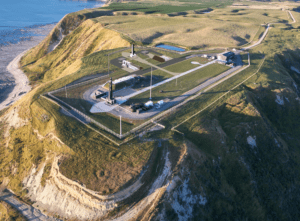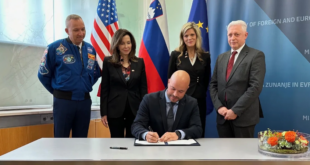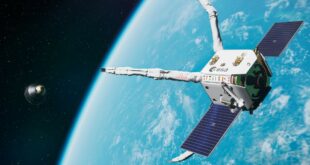
Edinburgh / Long Beach, California, 19 January 2022. – Rocket Lab has announced the date for its first Electron mission in 2022, which will be a dedicated mission for BlackSky through global launch services provider Spaceflight.
Electron is scheduled to launch the “Without Mission A Beat” from New Zealand on 4th February. The mission will see the fifth and sixth Blacksky satellites delivered to space by the company in the last three months. This dedicated launch will be Rocket Lab’s 24th Electron launch. The firm will not be attempting to recover the launch vehicle this time.
This next mission was due to be the final one in a series of back-to-back missions for Blacksky. However, Spaceflight has since commissioned an additional launch for the company as part of a multi-launch deal. That dedicated mission will deploy another pair of Gen-2 Earth-imaging satellites to join its growing constellation.
2022 promises to be a busy year of Electron launches for Rocket Lab, including bulk dedicated government and commercial launches. They will perform other singular dedicated and rideshare deployments as well. A mission to the Moon, the NASA CAPSTONE mission is also scheduled for the first half of the year.
Rocket Lab recently closed acquisition of SolAero Holdings for US $80M in cash. This means that the company now operates the world’s largest production line of high-performing space solar cells.
 SpaceWatch.Global An independent perspective on space
SpaceWatch.Global An independent perspective on space




